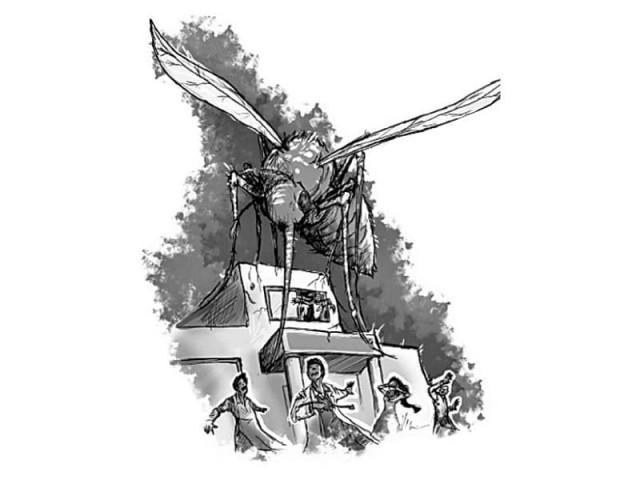75 patients confirmed with dengue at PIMS
Isolation room created for positive patients

Pakistan Institute of Medical Sciences (Pims) Spokesperson Dr Wasim Khawaja on Monday said that so far, some 300 people with dengue-like symptoms had sought treatment from the outpatient department (OPDs) of the hospital. Of these, he said that the blood samples from 75 had tested positive for the virus and three of these are currently admitted in the hospital.
He said that an isolation room has been set up for dengue patients at Pims as per the standard operating procedures (SOPs) outlined by the federal health ministry for the mosquito-borne disease.
Dr Khawaja advised citizens to remain vigilant to curb the spread of the dengue virus. He said that dengue fever is a severe, flu-like illness that affects infants, children and adults and in case of suffering from dengue-like symptoms patients should immediately consult medical practitioners.
Dengue, he said, is a mosquito-borne infection which has in recent years became a major public health concern. The spread of dengue is attributed to expanding geographic distribution of the four dengue viruses and of their mosquito vectors, the most important of which is the predominantly urban species Aedesa egypti.
He said that the rapid growth of urban population is bringing a great number of people into contact with this vector, especially in areas that are favourable for mosquito breeding such as places where household water storage is common and where solid waste disposal services are inadequate.
The Pims official further said that infants and young children may have a non-specific febrile illness with a rash as older children and adults may have either mild febrile syndrome or the classical incapacitating disease with an abrupt onset and high fever, severe headache, pain behind the eyes, muscle and joint pains and rash.
Dr Khawaja said that mosquitoes primarily breed in containers such as earthenware jars, metal drums and concrete cisterns used for domestic water storage, as well as discarded plastic food containers, used automobile tyres and other items that collect rainwater.
He said that the World Health Organisation (WHO) has identified some factors including spatial variations of rainfall, temperature, relative humidity, degree of urbanisation and quality of vector control services in urban areas behind the dengue outbreak in tropical regions.
Dr Khawaja added that dengue viruses are transmitted to humans through the bites of infective female Aedes mosquitoes. Mosquitoes generally acquire the virus while feeding on the blood of an infected person, he said. Moreover, he informed that the virus circulates in the blood of infected humans for two to seven days, at approximately the same time as they suffer from the fever.
Published in The Express Tribune, September 3rd, 2019.



















COMMENTS
Comments are moderated and generally will be posted if they are on-topic and not abusive.
For more information, please see our Comments FAQ